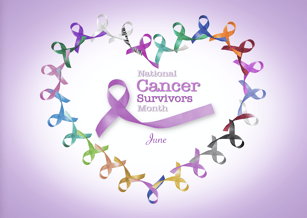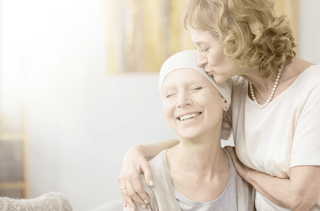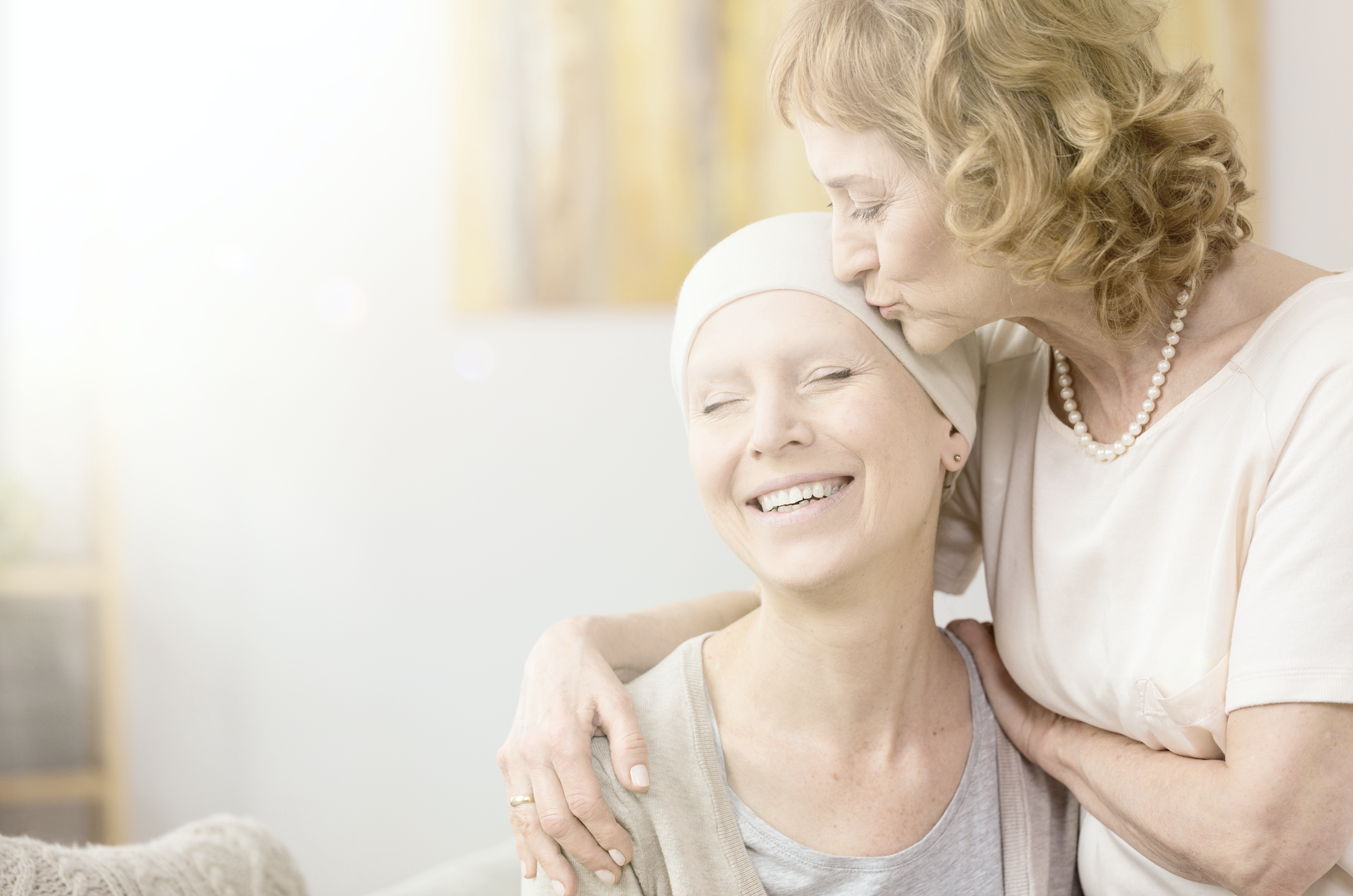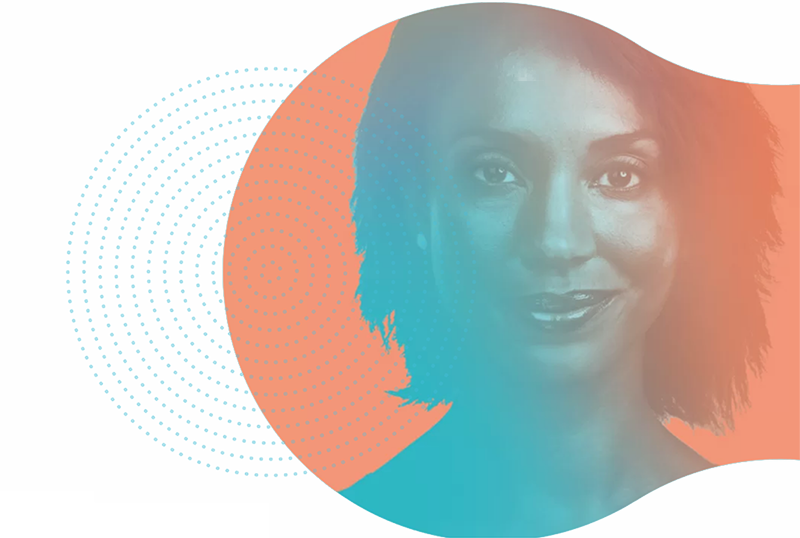
In the month of June, we take time to celebrate National Cancer Survivor Month in order to recognize all those who have made it to a survivorship phase of their cancer diagnosis. Having a loved one make it to survivorship is emotional for all those involved whether it’s the survivor or his or her loved ones. It is an amazing celebration followed by exhaustion and often fear about “what’s next?”
But, what is a co-survivor? True, as a co-survivor, you didn’t go through the physical and emotional pain as a cancer patient, but you likely experienced your own pain along the way. In many cases, the co-survivor suppresses their own emotions in order to be strong for the loved one with cancer. As a co-survivor, it is now time to deal with some of those emotions.
The Susan G. Komen’s website states that, “there are as many ways of being a co-survivor as there are people!”1 This truly embodies the “it takes a village” theory to a different level. Your role and your impact on your loved one’s battle with cancer is unique, just as the relationship between the two of you. There is no limit to defining a co-survivor. One can be a spouse, an old high school friend, or the talkative barista at the cancer center coffee shop. All of these people probably have a vastly different relationship with the patient, yet had some impactful presence in each other’s lives.
If there really are as many ways of being a co-survivor as there are people, then most likely, everyone is a co-survivor. How many people in your life have you known to have a cancer diagnosis? If there’s one, you’re a co-survivor. How did you support the cancer patient in your life? You may have been a care-taker, or a story-teller, or a listener, or a helper, or a distractor. Whatever your role, large or small, it helped your loved one battle through to survivorship, and it probably had an impact on your life.
 As a co-survivor, self-reflection is probably on your mind. No, it is not selfish to think about your own health. No, it is not selfish to think about your own future. When a friend or family member is diagnosed with cancer, it makes you think about your own risks of developing cancer. If it is cancer in your family, you think about the potential genetic risks that you may share with that person. If it is cancer in a friend you may think about the fact that it seemed to come “out of the blue.” How could someone “so young,” or “so healthy,” develop cancer?
As a co-survivor, self-reflection is probably on your mind. No, it is not selfish to think about your own health. No, it is not selfish to think about your own future. When a friend or family member is diagnosed with cancer, it makes you think about your own risks of developing cancer. If it is cancer in your family, you think about the potential genetic risks that you may share with that person. If it is cancer in a friend you may think about the fact that it seemed to come “out of the blue.” How could someone “so young,” or “so healthy,” develop cancer?
There are steps you can take to feel more confident that you are being proactive in your own healthcare. Learn about your personal risk of developing cancer and talk to your doctor about the screening and risk-reducing options that may be available to you.
As a co-survivor, you have experienced the difficult journey through a cancer diagnosis with your loved one. You are in a unique position of awareness to advocate for yourself and others around you. Take the first steps to reduce your risk of developing cancer by understanding your risk.
1https://www.komen.org/support-resources/support/for-friends-and-family/for-co-survivors/


